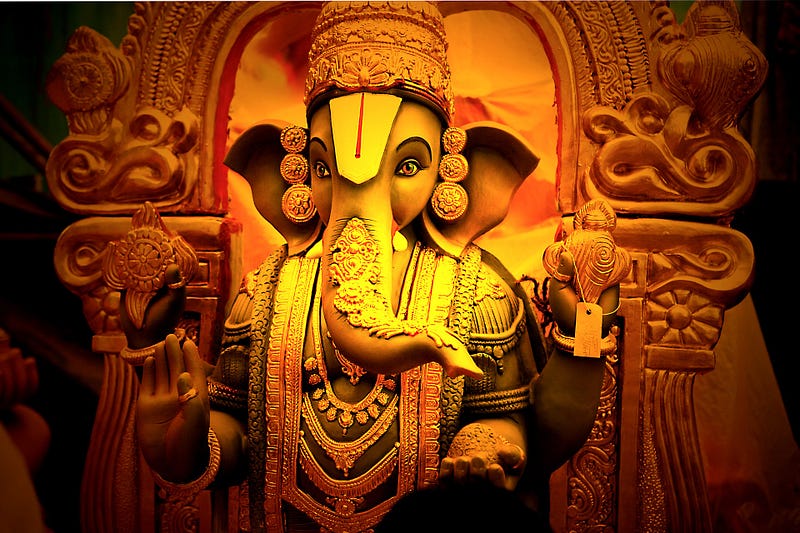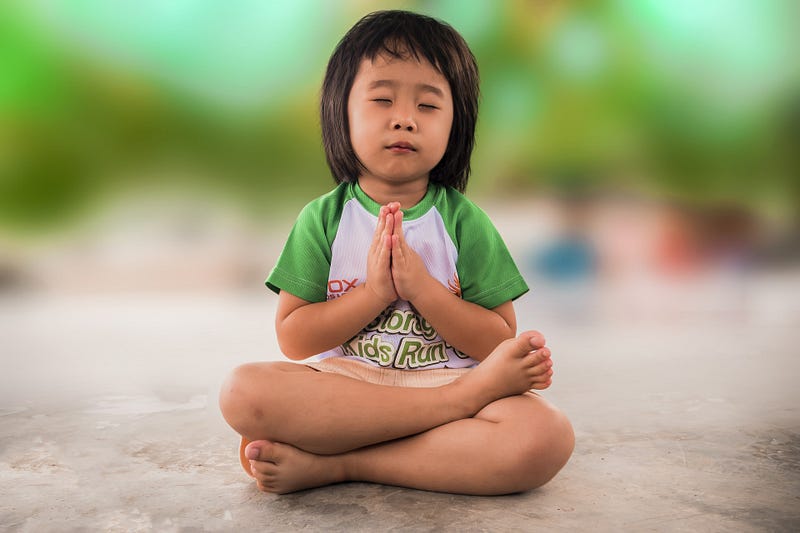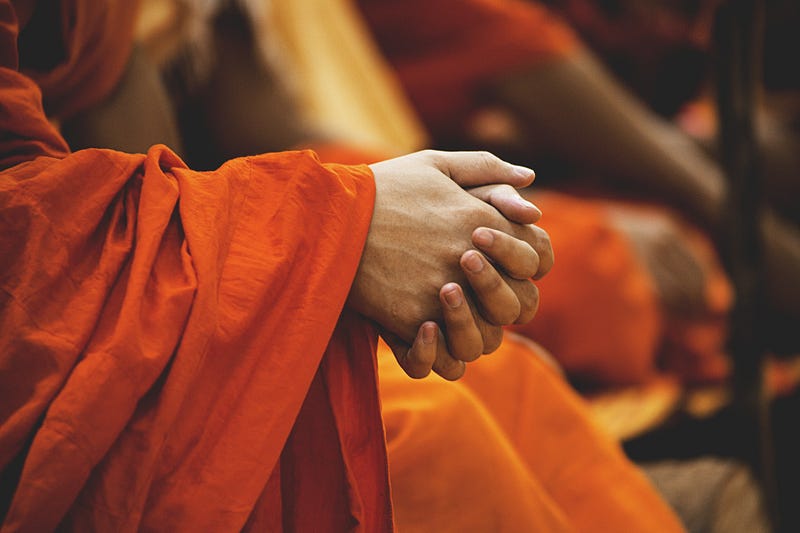Religion: A Question of Faith or Controversy?
What does the future hold?

Religion is a complex subject that is based on the socio-economic model which differentiates one section of people from others. Religion is not etched into the conscience of human beings or a congenital trait. It develops and takes place in the life of an individual from the assessment of the behavior of people around them, and the cultural and social practices that they indulge in.
According to American psychologist and philosopher William James, “Religion is broadly defined as the experiences of human individuals insofar as they see themselves related to whatever they regard as divine.” It is a set of rules, beliefs, values, faith, scriptures, and morals that hold a spiritual and sentimental place in the lives of people. Over 85% of the world population identifies with some religion and they have deities or gods that they worship to.
There is a day attached to it

To celebrate religious diversity, there is a set day “World Religion Day” celebrated each year on the third Sunday of January all over the world. Yes, just a few days ago we witnessed it. The Day aims to bring about peace inculcate humanity between these religions and bring about harmony despite the difference in practices.
World Religion Day commences with people celebrating and embracing the values of different religions and promising to not hurt the sentiments of each other. It originated from the roots of the Baha’i faith in Persia during the 19th century, notably in 1950.
However, the mystic story behind the origination of this day dates back to 1947, in Portland, Maine during the National Spiritual Assembly. The people of the Baha’i faith came together to deliver a speech in the Eastland Park Hotel.
This speech initiated the idea of observing the “World Peace Through World Origin Day” which was later transformed into “World Religion Day” in 1949. This is the day when people from all the aggregated 4,000 recognized religions in the world come together to celebrate this expansive concept globally.
Before proceeding further, let’s assess the principles of the religion that gave birth to this day and understand what principles played a major role in the proposal. So, the Baha’i faith emerged during the 1800s in Persia (Iran). This religion has 3 major principles: Unity of God, Unity of religion, and Unity of Mankind. This religion is monotheistic and has only one God.
Another belief that has a dramatic influence over their practice is that all human beings are equal in the plethora of aspects of life. Hence, the origination of “World Religion Day” directly assimilates all the beliefs of the Baha’i faith.
The Indian religions

The emergence of religion dates back to the lower and middle paleolithic ages. As per the evidence, Hinduism or “Sanatan Dharam” inferring the divine order is thought to be the oldest religion. The proof of the existence of this religion dates back to 5500 BCE.
This religion is henotheistic, and there is one supreme god Brahma, who is worshiped in different forms. The records state that Hinduism contains over 330 million gods. You may misinterpret it as a polytheistic religion, but all these ‘Devis’ and ‘Devtas’ are essentially different incarnations of their supreme God.
Religion often plays a role in the decision making, character development, and has an influence on the life choices that a person inclines towards. Many people also define it as the filter that differentiates between good and bad, or the dictator of the outcome of actions.
Religion holds importance in the lives of people, because it is not only involved in their life decisions, but also helps them to maintain ethics, and exhibit connection with certain scenarios. For example, many people refrain from working on festivals related to their religion. For Hindus, it can be Diwali, Holi, while a major holiday for Christians is Christmas.
Religion is also responsible for instilling feelings like brotherhood and unity amongst the people of the same religion. And it inculcates social values like — love, non-violence, truth, honesty, kindness, patience, etc. Hence, religion has a partial or whole role in different aspects of life.
The current trends in religion

Just like humans evolve with technology, they are also changing their mindset and outlook towards the interpretation of religion. People of the modern age are more open-minded and embracing other cultures, while many stats show that several people are renouncing their religion and converting to atheists fast.
In India, over 94% of the population follows a religion while the other 6% remain atheists.
Here is a record of people who follow different religions:
- Christianity — 2.38 billion
- Islam — 1.91 billion
- Hinduism — 1.16 billion
- Buddhism — 507 million
- Folk Religions — 430 million
- Other Religions — 61 million
- Judaism — 14.6 million
- Unaffiliated — 1.19 billion
What is the future of religion?

Will religion disappear in the future and people will turn to secularity, or will there be a harrowing shift that will implore more people to have faith in their gods? The answer is simple, evolution is inevitable and religions also progress with time. For example, ancient religious practices were quite rigid, and with time social reformers had to change them because they did more bad than good.
It is an abstract concept that has been interpreted in a plethora of ways by philosophers, great thinkers, and researchers. An answer to why god is important comes from French Polymath, Voltaire, who says, “If God did not exist, it would be necessary to invent him.”
This statement can be interpreted by some people as the importance of religion and god is important because they bring order, and help calm the chaos. There are also arguments that this segmentation of people has also been a cause of several wars, like the Crusades.
Hence, there will also be a difference in how people perceive this concept and a blurry idea about where it will take humanity next. Hence, it is important to bind people of the world together and establish peace and harmony which is the core principle for most religions.
